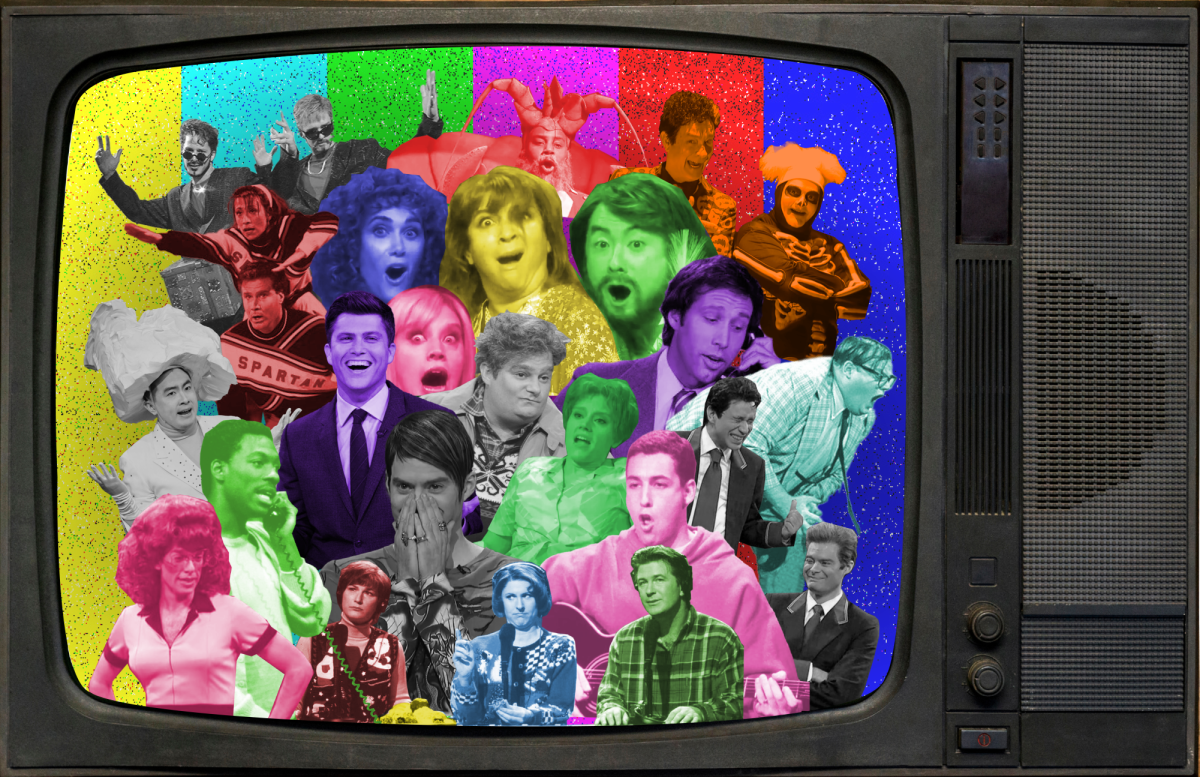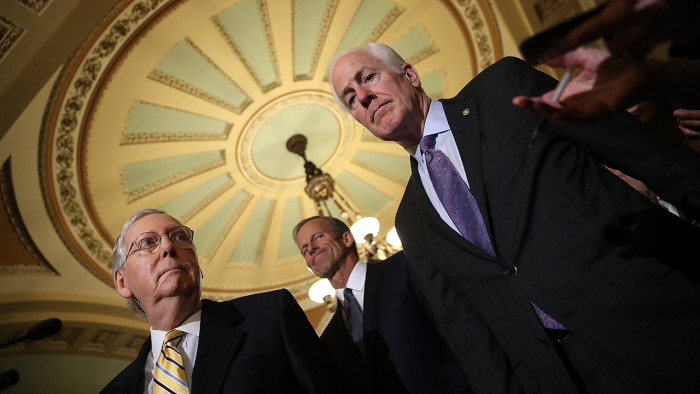By Sofia Bonin
Staff Writer
In late 2013, Edward Snowden shook the foundations of America’s governmental systems by exposing the government’s lies and unconstitutional practices to the American people. Naturally, the scandal was made into a feature film by no other than director Oliver Stone, who is known for his liberal views and award-winning films.
Hiring Oliver Stone as a director leads to high expectations from audiences. Upon entering the theater, I was optimistic that the film would provide a unique look at Snowden’s life and perhaps reveal facts about his story that I was unaware of. However, I was disappointed by both cast members’ performances and the storytelling.
The film fails to provide a unique outlook and comes off as purely entertainment as it features predictable political commentary and cheesy romance.
Shailene Woodley plays Snowden’s girlfriend, Lindsay Mills. Her performance is subpar and as a result her character comes off as one-dimensional and painfully naive. In fact, if Woodley had been edited out of the movie entirely, the storyline would remain unaffected.
Snowden’s and Mill’s relationship does not juxtapose Snowden’s work life to his personal life in an effective way. The strain that working for the NSA puts on his relationship is duly noted but the film does not go beyond that. The romance does little to humanize Snowden as it lacks any sort of chemistry. Joseph Gordon-Levitt’s portrayal of Snowden also falls flat, as he conveys little to no emotion and the character development is virtually unnoticeable.
The film also offers extremely predictable political commentary. The bias is expected as this is a feature film and not a documentary. However, Oliver Stone’s liberal views come off so intensely it becomes difficult to focus on anything else. Showcasing political opinions with some amount of subtlety would have added to the storyline and allowed audiences to form their own opinions.
The film does raise important questions in regards to FISA (the Foreign Intelligence Surveillance Act) and the use of the Espionage Act. The film communicates the idea that both of these acts are being abused by the government to perpetuate a culture of fear and secrecy.
The film also raises the question of whether the government is breaking the law by ignoring the fourth amendment and surveilling citizens without obtaining a warrant. These points are extremely important and, if anything, should have played a larger part in the films plot.

Oliver Stone brings in the opinions of current political candidates by playing news clips during the credits. Trump is featured saying that Snowden should be “executed”, Clinton is shown supporting the idea that Snowden did commit a crime by stealing classified documents, and finally a clip of Bernie Sanders supporting Snowden is played. This part of the film does make a commentary on our current political landscape by showing the ways in which our two-party system has become further divided.
I think the most disappointing part of “Snowden” was the unused potential. This film had the opportunity to send a truly important and pivotal message. However, the story was dumbed down and was made a gimmick by lackluster performances and painfully obvious biases. It was almost as if the film wasn’t aware of its audience.
The people going to see the film are most likely those who know the basics of the Snowden case and are politically knowledgeable; instead, the film assumes the audience is ignorant. As a result the film comes off as very surface- level and fails to grasp the scale or importance of the events it attempts to recreate. I would not say that “Snowden” is a film you need to rush out and see; if anything, a documentary would be better suited to the material if you are actually interested in the story.




















